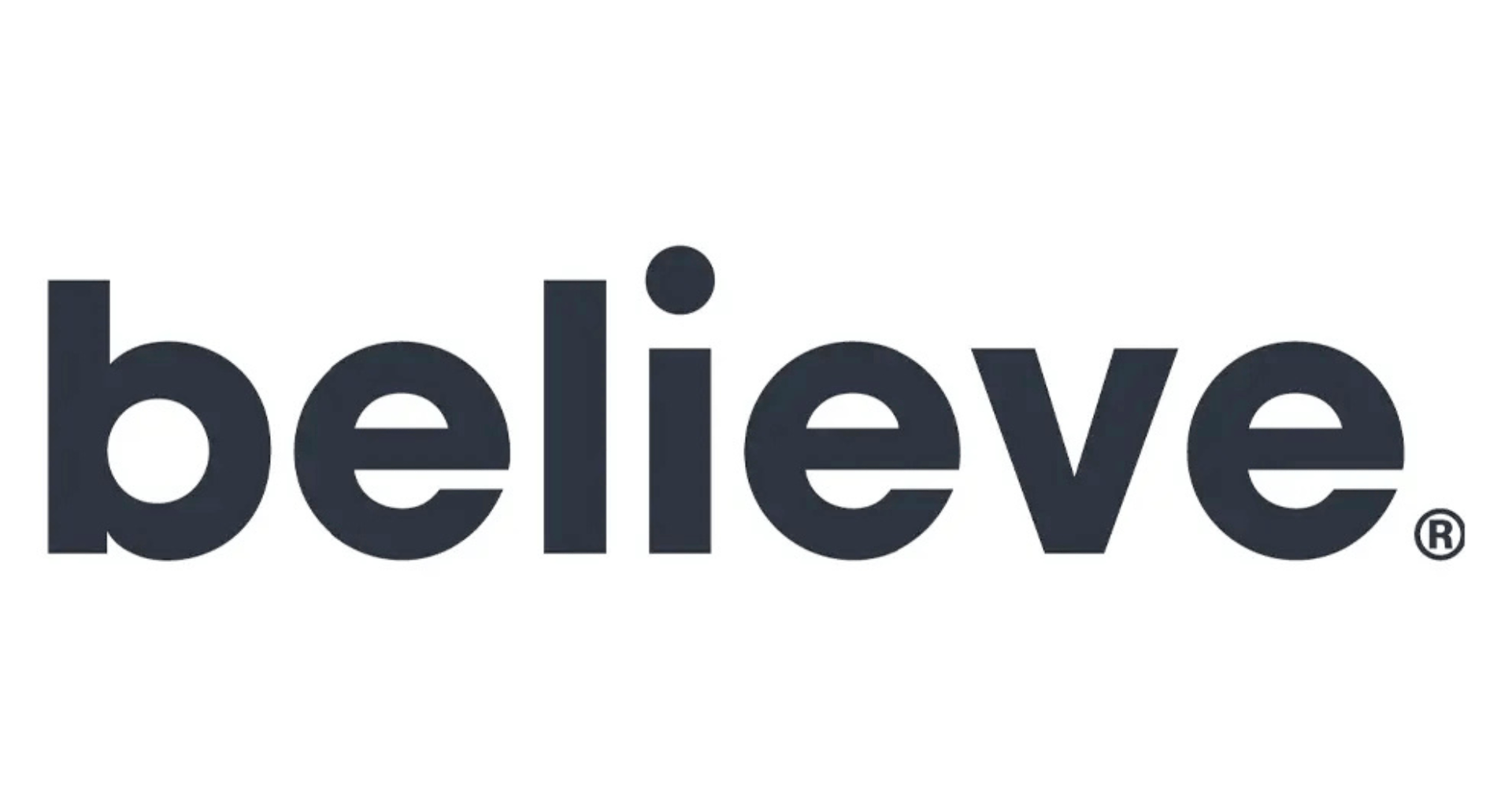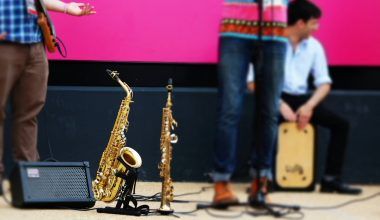On November 4, 2024, Universal Music Group (UMG) filed a major lawsuit against TuneCore and its parent company, Believe, in Manhattan federal court. UMG, along with ABKCO and Concord Music Group, claims that TuneCore and Believe allowed unauthorized music uploads on their platforms. This lawsuit, valued at $500 million, has raised concerns about copyright protection in the digital music industry.
Let’s break down this lawsuit and what it means for the music industry.
Background of the Lawsuit
UMG, one of the largest music companies, joined forces with ABKCO and Concord Music Group to sue TuneCore and Believe. They argue that these platforms allow pirated versions of popular songs to be distributed online. Some of these songs belong to famous artists like Justin Bieber, Rihanna, Ariana Grande, ABBA, and others. UMG claims that these companies are allowing “fake” versions of popular songs to be uploaded and streamed on major music platforms.
The lawsuit includes many allegations, which we’ll explore below.
Key Points of the Lawsuit – UMG Sues TuneCore and Believe
UMG and its partners allege that Believe’s platform, which owns TuneCore, has many “fraudulent artists” and “pirate record labels.” These fake artists upload music versions that are almost identical to the original tracks. Sometimes, these copies are slightly sped up, slowed down, or have small changes to avoid detection.
2. Using Misspelled Names to Avoid Detection
Another claim in the lawsuit is that these fraudulent uploads use fake artist names that look like famous artists’ names. For example, the lawsuit mentions misspelled names like “Kendrik Laamar” for Kendrick Lamar or “Arriana Gramde” for Ariana Grande. By using these altered names, fraudsters can trick streaming services into uploading the content.
3. Problems with YouTube’s Content Management System
UMG also accuses Believe of misusing YouTube’s content management tools to claim royalties on songs they don’t own. According to UMG, Believe uses these tools to delay payments to actual rights holders. Even after YouTube fixes these issues and assigns the rights back to the rightful owners, UMG claims that Believe keeps sending the same infringing tracks to other streaming platforms.
4. Pushing for Growth Despite Copyright Issues
UMG’s lawsuit says that Believe focuses on rapid growth and ignores these copyright issues. UMG believes that this business approach encourages piracy, as more users are drawn to the platform through unauthorized uploads. According to UMG, this approach allows Believe to earn money from tracks they don’t have the rights to distribute.
5. Infringement on Pre-1972 Recordings
The lawsuit also accuses Believe of infringing on sound recordings made before 1972. These recordings have different copyright rules, and UMG says that Believe is violating those rights too.
How TuneCore and Believe Responded
Believe and TuneCore responded by saying they take copyright issues seriously. They have publicly stated that they “strongly deny” these claims. According to Believe, they have developed tools and processes to fight against piracy and unauthorized uploads. They also claim to work closely with music industry partners to address this challenge.
Despite the lawsuit, Believe maintains that they have been an important part of the digital music world for nearly two decades, helping independent artists share their music globally.
Previous Lawsuits Against TuneCore
This is not the first time TuneCore has faced copyright-related lawsuits. Here’s a look at previous legal issues:
1. Round Hill Music Lawsuit (2020)
In 2020, Round Hill Music, a music publishing company, sued TuneCore. The lawsuit claimed that TuneCore allowed unauthorized use of 219 songs from Round Hill’s catalog. This case showed how independent music publishers were also impacted by unauthorized uploads on TuneCore’s platform.
2. Phoenix Fraud Case (2022)
In 2022, two men in Phoenix, Arizona, were found guilty of claiming $23 million in royalties for songs they did not own on YouTube. Although this case was not directly against TuneCore, it highlighted the broader problem of copyright fraud in the music industry. This incident emphasized the risks on digital platforms where copyright violations can happen.
3. Create Music Group Accusations (2022)
Also in 2022, there were allegations that Create Music Group, a different distributor, used YouTube’s content tools to unfairly claim royalties. This case raised concerns about YouTube’s content management system and showed that similar copyright issues affected other companies too.
Why This Lawsuit is Important for Independent Artists
For independent artists who rely on platforms like TuneCore to distribute their music, this lawsuit brings up important issues:
- Tighter Controls on Uploads If UMG wins this lawsuit, platforms may introduce stricter checks to verify uploaded music. These checks could help prevent unauthorized copies but may also add extra steps for independent artists to release their music.
- Potential Financial Impact A $500 million lawsuit is huge. If Believe and TuneCore are found liable, they might face significant financial losses. This could result in higher fees for artists or changes in how these platforms operate.
- Protection for Original Artists This lawsuit highlights the need to protect artists’ original content. Stronger rules and more advanced tools might help prevent unauthorized uploads, ensuring that artists receive the royalties they deserve.
Industry Efforts to Combat Copyright Fraud
Copyright infringement and fraud have become serious issues in the digital music world. To combat these problems, several initiatives have been introduced:
- Music Fights Fraud: TuneCore, along with CD Baby and DistroKid, formed a coalition called “Music Fights Fraud” to address piracy. This group aims to prevent unauthorized uploads and stop fraudsters from using multiple services to release unlicensed content.
- Improving Metadata Accuracy: Another initiative, called “Credits Due,” aims to improve metadata accuracy. Metadata is the information about a song (like artist name, title, and songwriter information). Accurate metadata makes it harder for fraudsters to steal royalties because it becomes easier to identify rightful owners.
Conclusion
The lawsuit by Universal Music Group, ABKCO, and Concord Music Group against TuneCore and Believe is a clear reminder of the ongoing challenges around copyright protection in the digital music industry. With more independent artists using platforms like TuneCore to distribute their music, preventing fraud and protecting rights has become even more important.
This case might lead to stricter policies, better content management systems, and more cooperation across the music industry to protect artists’ work. For now, the music world will be watching closely to see how this lawsuit unfolds and what impact it will have on digital music distribution.
For additional resources on music industry updates, marketing and distribution, visit Deliver My Tune.






